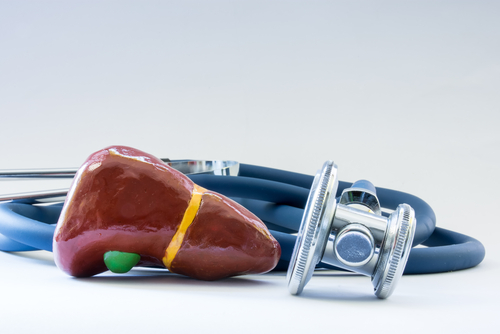Wilson Disease in Dubai at DRHC
Wilson's Disease is a rare genetic disorder that causes excessive accumulation of copper in the body, particularly in the liver, brain, and other vital organs. Without treatment, it can lead to severe liver and neurological damage. At DRHC Dubai, we offer comprehensive diagnosis and treatment options for Wilson Disease, tailored to the needs of each patient.
In Wilson's disease, there is a mutation in the ATP7B gene, which is responsible for the production of a protein that helps transport copper out of the liver and into bile for elimination. As a result, copper builds up in the liver and is released into the bloodstream, leading to its deposition in other organs, including the brain, kidneys, and cornea.
Symptoms and manifestations of Wilson disease:
Symptoms and manifestations of Wilson's disease can appear at different ages, ranging from childhood to early adulthood. Common signs and symptoms include:
- Liver-related symptoms: Hepatitis, hepatomegaly (enlarged liver), jaundice (yellowing of the skin and eyes), abdominal pain, and abnormal liver function tests.
- Neurological symptoms: Neurological problems are common and may include tremors, difficulty with fine motor skills, stiffness, dystonia (involuntary muscle contractions), impaired speech, behavioral changes, and psychiatric symptoms such as depression, anxiety, or personality changes.
- Kayser-Fleischer rings: These are copper deposits that appear as a golden-brown ring around the cornea of the eye. They are characteristic of Wilson disease but are not always present, especially in the early stages.
- Other symptoms: Fatigue, weight loss, anemia, kidney problems, and menstrual irregularities in women.
Diagnosis of Wilson disease:
Diagnosing Wilson Disease involves a combination of clinical evaluation, laboratory tests, and imaging studies:
- Blood and urine tests: Measure copper levels and assess liver function.
- Genetic testing: Identifies mutations in the ATP7B gene, which causes Wilson Disease.
- Liver biopsy: Examines liver tissue for copper content.
- Eye examination: Detects Kayser-Fleischer rings, a copper deposit around the cornea.
Wilson Disease Treatment:
The primary goals of Wilson's Disease treatment are to reduce copper accumulation and manage symptoms. At DRHC Dubai, we offer the following treatment options:
- Chelation Therapy:
- Medications: Drugs such as penicillamine and trientine bind to copper and help remove it from the body through urine.
- Zinc Therapy:
- Zinc Acetate: Prevents the absorption of copper from the diet and promotes its excretion.
- Dietary Management:
- Copper-restricted Diet: Avoid foods high in copper, such as liver, shellfish, nuts, and chocolate.
- Supportive Therapies:
- Physical Therapy: Helps improve motor skills and coordination.
- Speech Therapy: Assists with speech and swallowing difficulties.
- Psychiatric Support: Manages behavioral and mood changes.
In cases where liver damage is severe or there is liver failure, liver transplantation may be necessary.
Monitoring and Follow-up
Regular monitoring is essential to ensure the effectiveness of treatment and to adjust therapies as needed. Follow-up care at DRHC Dubai includes:
- Periodic blood and urine tests to monitor copper levels.
- Regular liver function tests.
- Ongoing assessment of neurological and psychiatric symptoms.
- Adjustment of medications and therapies based on individual response.
.png?width=281&height=59&name=bookanappointment%20(1).png)
If you are due for a Wilson's Disease test or are experiencing gastrointestinal symptoms, don't delay. Contact DRHC Dubai to schedule your colonoscopy appointment. Our team of experts is here to provide you with compassionate care and personalized treatment to keep your digestive health in check. To book your Appointment, just call us at +97142798200 for a consultation with the Gastroenterology Clinic at DRHC Dubai.


%20(1).png)

.png?width=281&height=59&name=bookanappointment%20(1).png)




